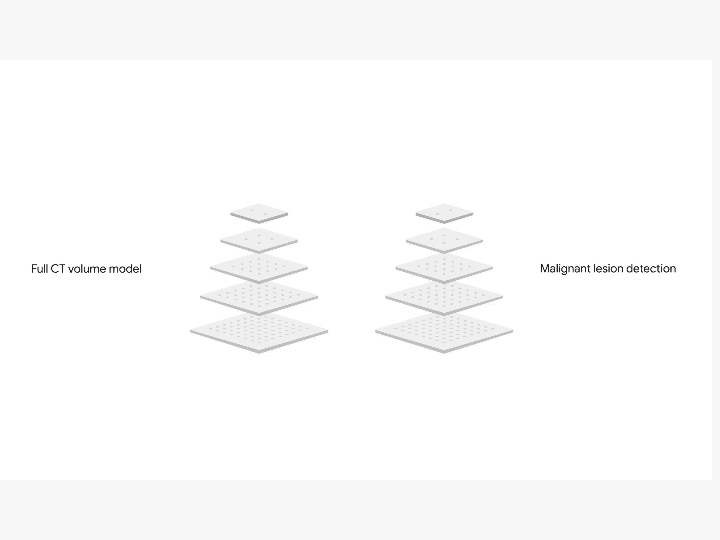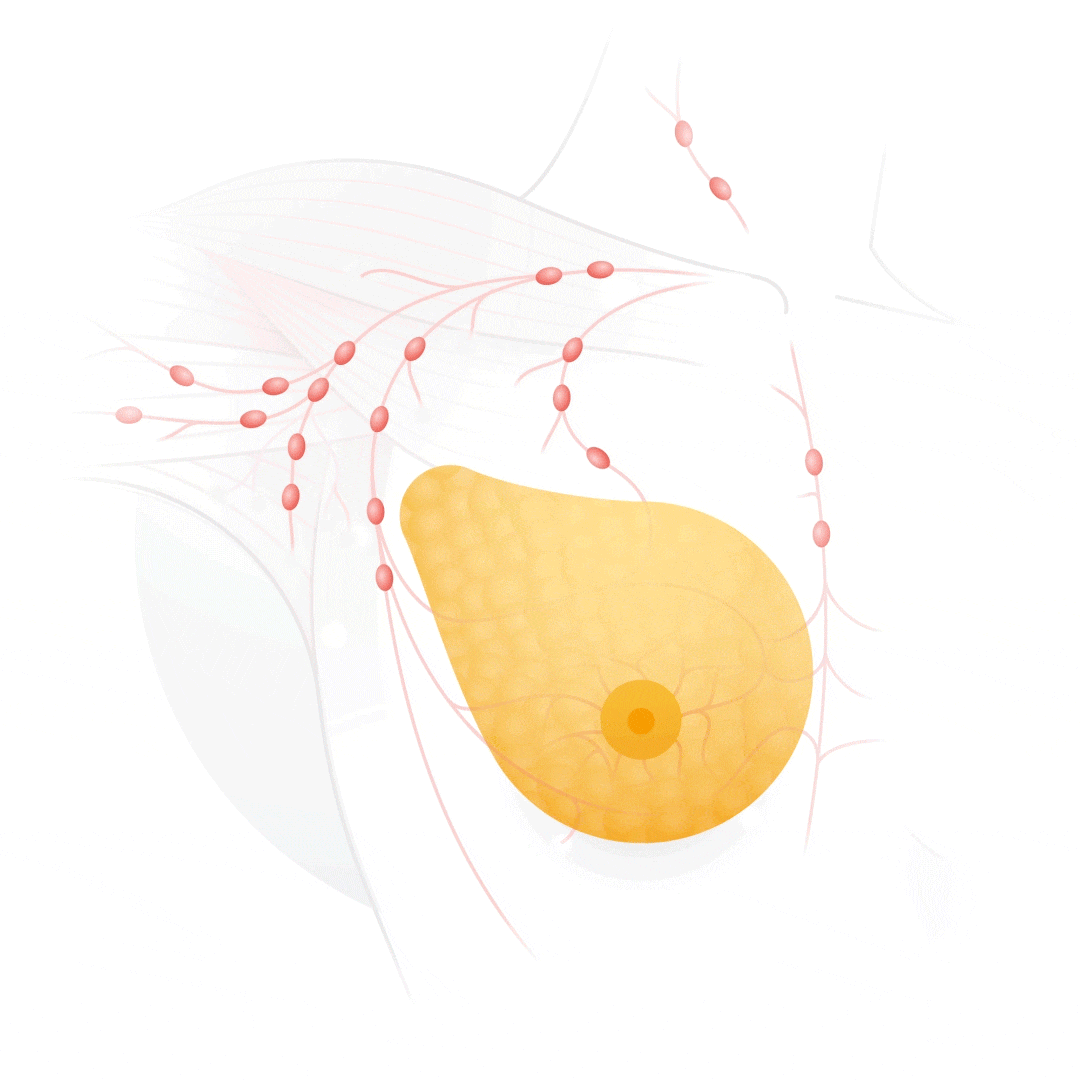Application of Artificial Intelligence in Healthcare

HIA Immersion Weekend Jan 8th, 2021
Workshop 3: Introduction to Application of Artificial Intelligence in Healthcare
The workshop will introduce you to the concepts of big data, Artificial Intelligence (AI) and Machine Learning (ML) and their application in health care. You will also explore the application of the most important types of ML methods- supervised and unsupervised through various use cases in health care including medical diagnosis, disease management, screening and clinical decision support.
Real Life Examples
DeepVariant
How DeepVariant is improving the accuracy of genomic analysis
Sequencing genomes enables us to identify variants in a person’s DNA that indicate genetic disorders such as an elevated risk for breast cancer. DeepVariant is an open-source variant caller that uses a deep neural network to call genetic variants from next-generation DNA sequencing data.
End-to-end lung cancer screening
A promising step forward for predicting lung cancer
Radiologists typically look through hundreds of 2D images within a single CT scan and cancer can be miniscule and hard to spot. We created a model that can not only generate the overall lung cancer malignancy prediction (viewed in 3D volume) but also identify subtle malignant tissue in the lungs (lung nodules). The model can also factor in information from previous scans, useful in predicting lung cancer risk because the growth rate of suspicious lung nodules can be indicative of malignancy.

DeepMind
According to google initial findings
, which have been published in Nature. These findings show that our AI model spotted breast cancer in de-identified screening mammograms (where identifiable information has been removed) with greater accuracy, fewer false positives, and fewer false negatives than experts.

